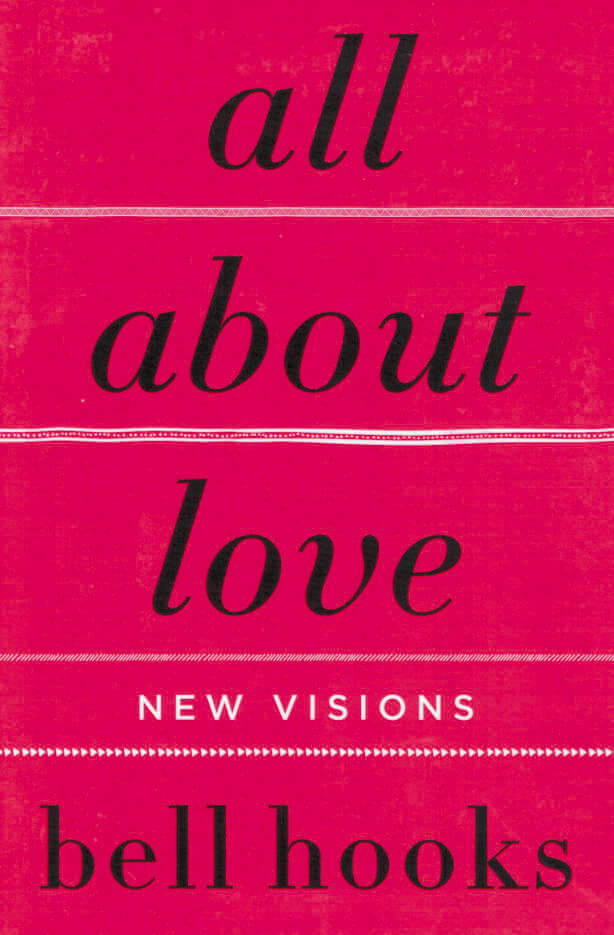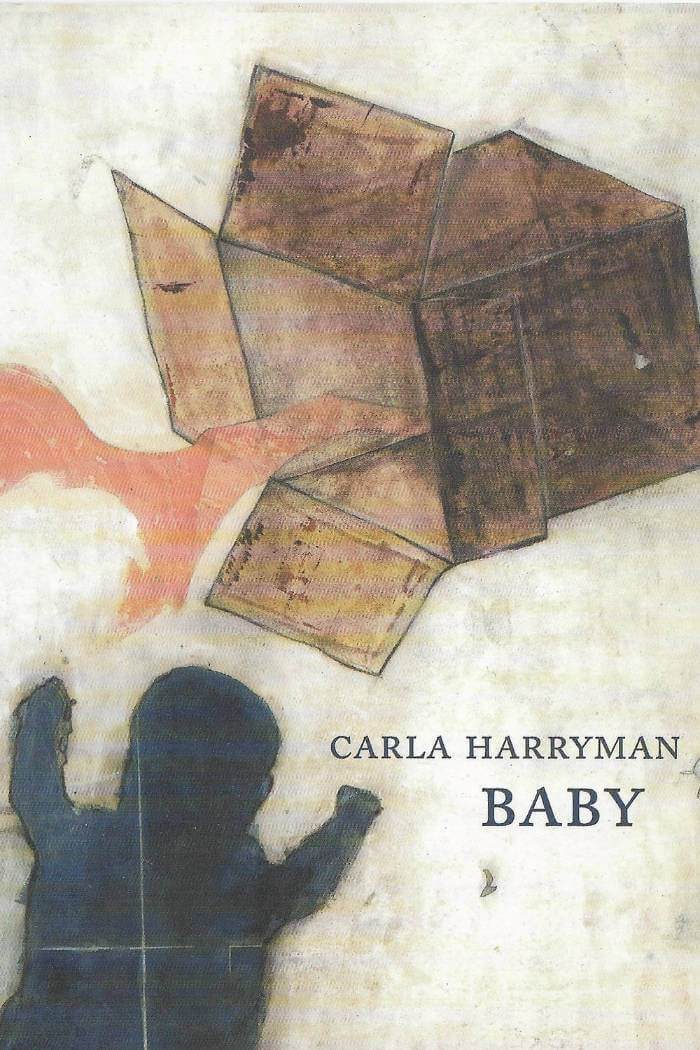
Rage Assassine: Mettre Fin au Racisme
Avant que Black Lives Matter et #MeToo ne viennent secouer l’Amérique et le monde occidental, bell hooks montrait, dans cet essai incisif, que l’abolition du racisme et l’éradication du sexisme vont de pair. Sans le féminisme, la lutte antiraciste reste une affaire d’hommes. Sans l’antiracisme, le féminisme s’expose à servir de courroie aux logiques de domination raciale. L'autrice insiste sur le bien-fondé de la rage qui anime les masses populaires et la jeunesse noire et sur la nécessité d’en faire un moteur de changement social radical. Elle propose une théorie et une pratique révolutionnaires, dont la fin est une communauté solidaire fondée sur l’égalité réelle et la volonté de tou.te.s de travailler au changement.
Traduit de l'anglais par Ségolène Guinard.
GLORIA JEAN WATKINS, connue sous son nom de plume BELL HOOKS, née en 1952, est une intellectuelle, féministe, et militante étasunienne. Elle a publié plus de trente livres et de nombreux articles, et est apparue dans plusieurs films documentaires. Traduits dans de nombreuses langues, ses ouvrages sont considérés parmi les plus importants sur la question aux Etats-Unis et suscitent un réel engouement en France depuis quelques années. Les éditions divergences ont déjà traduit et publié trois de ses ouvrages dont La volonté de changer et A propos d'amour.







